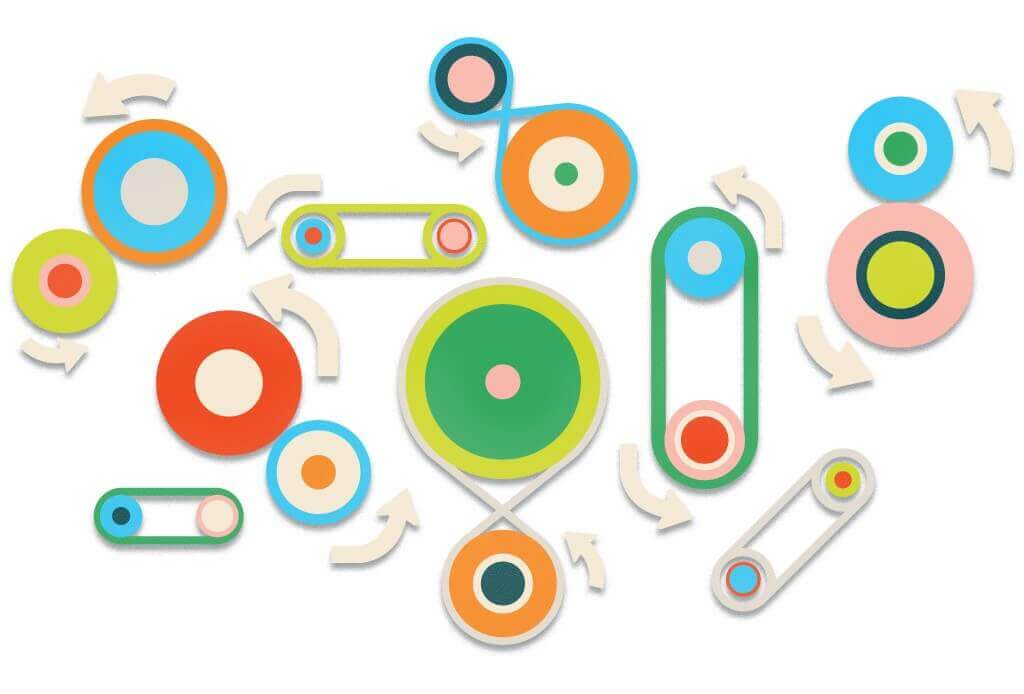
The Wake-Up Call
Alarm bells are ringing everywhere as new technology permeates the hotel industry in a big way.
Hoteliers, at times, have tried to turn a blind eye to transformative change due to the old saying “If it is not broken, why fix it?” Well, technology is moving so quickly that embracing this change has to happen, and it has to happen now.
Social has brought about a tremendous amount of change in the hoteliers’ world. Most importantly, it has increased awareness of the hotel and its products as well as truly involving the guest in a conversation.
Hotels are constantly being bombarded with feedback via Facebook, Twitter, TripAdvisor as well as the barrage of other channels, and this now consumes a great deal of time.
Integration and distribution have also brought with it some incredible challenges. More channels of distribution make the management of hotel revenues more complicated and the requirement to integrate with the myriad of new hotel apps that let hotels book, check-in, request special items and text with the hotel add even more complexity.
How do you deal with all of this while operating old, antiquated on property systems?
What does mobility truly mean
Mobility does not just mean using a smartphone to do everything you need to do as a traveler; hotel mobility means so much more.
In the case of the hotel industry, both guests and employees are seeing advantages of using their cell phones to either interact with the hotel via making hotel bookings or from a hotel perspective, to communicate with other hotel employees while on the property.
Mobility is fundamentally changing every industry by altering the way people shop, interact and creating disruptive business models. In fact, by 2020, the number of people who have smartphones will be more than the number of people who have running water.
Phocuswright, in its US Traveler Technology Survey, 6th Edition, reports that consumers now use their smartphones to shop for hotel bookings at a rate of 57% and book hotel rooms at a rate of 33%. These are huge numbers. They are followed by high results for tablets and then followed by desktop usage.
One of the main reasons for the rise of smart devices is the exceptional user experience they provide. The Pew Research Center highlighted the findings of its research in this area by creating a “word cloud” from the adjectives people used to describe their experiences with smartphones.
Read rest of the article at Hotel Online




